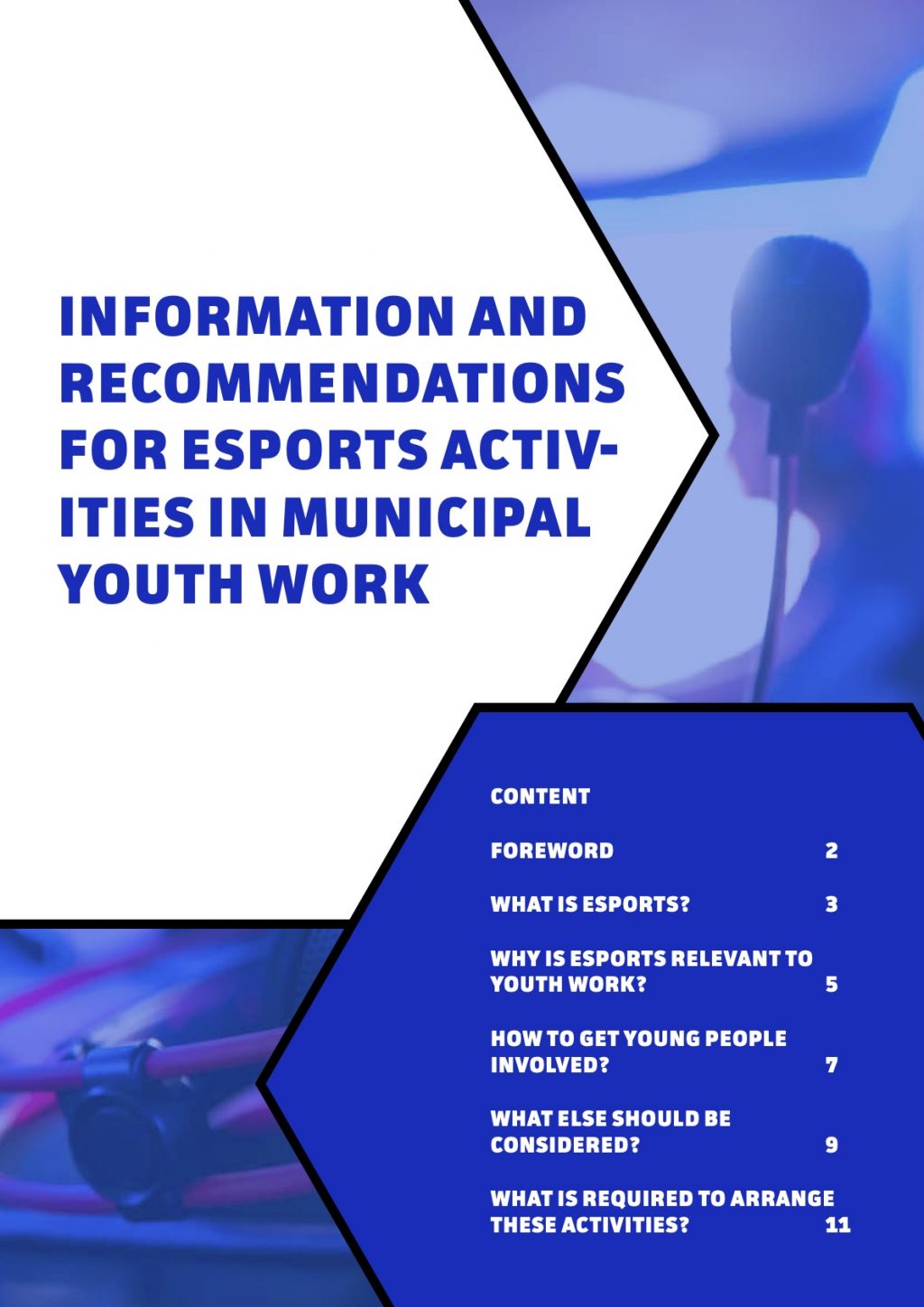In the context of my own work, I have often wondered about the justification for making digital gaming part of youth work. Games are indeed a popular pastime, but this has never sounded adequate in my mind. It was even more difficult to find convincing arguments for gearing the limited resources of municipalities or cities to gaming. In my thesis, I noticed that children and young people found digital gaming meaningful in many ways. These observations revealed aspects that I can use to justify gaming to myself as well as to others.
In search of meaning
A child glued to the game computer may look inefficient or downright lazy to an onlooker. Soon afterwards, the child animatedly recounts their experiences to an adult. That gaming moment must have carried some special meaning, in other words. I work with young people, and in my field of work, the use of digital tools has been strongly emphasised for quite some time. The gaming world is part of this trend. Gaining a deeper understanding of the significance of gaming gave me an idea for my thesis.
I collected the material for my thesis through interviews based on the game story method. Game story is a method developed by the PRO SOS project in the Helsinki Metropolitan Area, VAMOS Helsinki youth services and the Digirajat’on project run by the Sosped Foundation. My interviewees talked about games significant to them, and their stories formed the narrative material that I used as the basis for my thesis.
Game story is in itself an interesting method that can be applied in youth work. I recommend that you at least get acquainted with it because it helps you meet gaming youngsters even if you are not drawn to games that much.
Gaming is a highly social activity
All the six interviewees explained that gaming carried great social meaning in their childhood and adolescence. This meaning arose through their families, friends and gaming communities. Games meant doing something together and gathering around them in groups. The social aspect was so meaningful that games were also called social tools.
For those of us who work with young people, games carry potential for social collaboration. Games can be used to discuss difficult topics, such as death or mental health, because some games also deal with these topics. A local gaming community may also form around youth work activities, and the members can then meet in youth centres.
Interest in technology education
Some of my interviewees were excited about the devices used for gaming. In terms of social activities, they found it easy to invite friends to get together around a new device. However, new technology sometimes felt so significant that they just wanted to keep it to themself. Games equipped with new mechanics created impressive and significant moments in my interviewees’ childhood and youth. In other words, there are good grounds for including technology education in youth work. According to my thesis, new technology carries great significance. This leads me to believe that activities built around it, such as tuning, would arouse plenty of interest.
Hype games also represent new technology. They are games that become exceptionally popular and that are widely discussed and played. Since it is not possible for everyone to own such games, it is convenient if they can be played at youth centres. These are all good aspects to keep in mind when justifying the acquisition of new games and devices for youth centres and facilities.
Identity develops through gaming
Gaming exposes players to social situations. Players have to cooperate with others in virtual communities as well as in the physical space, for example with their family members. Games also force players to make choices, which may lead them to build their identity, whether consciously or unconsciously. My thesis material revealed that gaming had been useful in identity building.
By a simple question related to the game, an educator can better highlight these aspects. This is one reason why game-related discussions are so important. However, my thesis also indicated that prejudices and misconceptions still surround gaming. It is important to get rid of these so that gaming children and young people can be met open-mindedly. Especially those working with young people should review their attitudes and knowledge to fix this aspect.
Towards meaningful actions
For me, exploring the significance of digital gaming revealed new perspectives into children and young people’s gaming. The fact that social aspects were the most important reason for gaming was a real eye-opener. I also found clearer justifications for digital youth work. Such activities may carry great significance for young people, and that is something to keep in mind.
Kallio, T. 2020. My Game Story. Narrative Study on the Meanings of Digital Games and Gaming in the Childhood and Adolescence. Master’s Thesis. Master’s Degree Programme in Social Services. Tampere University of Applied Sciences.





